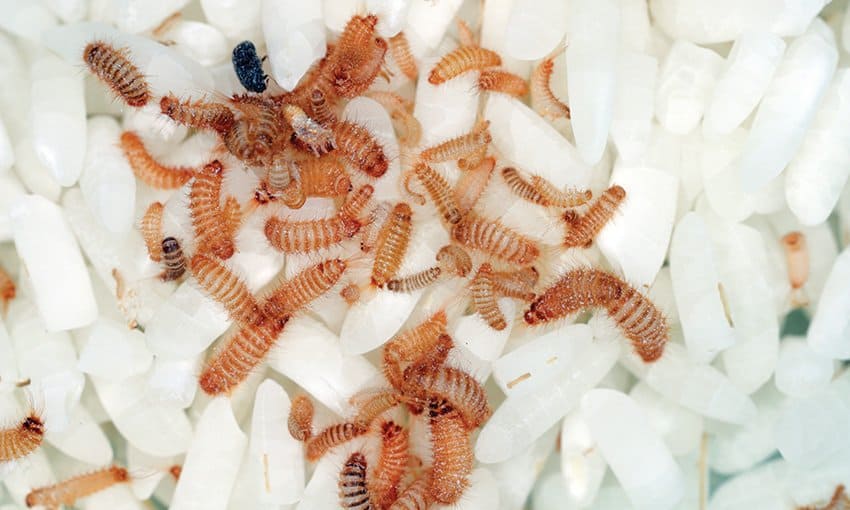SINCE the announcement of new biosecurity fee structures in the last federal budget, the agriculture sector has been outspoken about new biosecurity charges imposed on them, pressuring the federal government to instead have importers carry the cost burden as they are the “risk creators”.
The minister for agriculture, fisheries and forestry clearly felt a need to appease this important and influential sector of commerce by stating the federal government has hit importers with new fees.
In a LinkedIn post on 30 August, Senator Murray Watt made the following statement:
Farmers told us importers should contribute more to Australia’s biosecurity operations. Now they are – $51 million more in just 6 weeks – since we moved to full cost recovery for biosecurity services for importers. That’s $51 million more than the Coalition collected under their failed container levy. The Albanese Government is delivering stronger biosecurity for our ag sector.
In response, FTA and APSA wrote to the minister seeking an explanation as to why DAFF has delivered a deteriorating service in document assessments despite this significant windfall of funds collected over the previous six weeks.
By way of background, DAFF has historically addressed peaks in backlogs in import document processing by deploying officers on an overtime basis.
During the year, advice has been received that due to budgetary constraints, this remedy will not be used. This has left importers with a remaining option to request overtime on a per-consignment basis, being yet another additional cost above already high cost-recovery fees.
There is no argument about the importance of effectively managing import biosecurity risks.
To that end FTA/APSA have always acknowledged the need for importers to contribute towards DAFF activities, with the caveat that those businesses that are trusted and can demonstrate appropriate safeguarding measures across their supply chains, should be recognised with a differential cost recovery benefit.
The underlying serious concern raised with the minister is that cost-recovery fees are increasing without a commensurate improvement in services to facilitate legitimate trade, resulting in importers failing to meet commercial commitments to retailers and adding to supply-chain costs (including storage and shipping line container detention fees) fuelling inflationary pressures across the Australian economy.
Whilst we remain hopeful that additional funding will eventually result in DAFF deploying more frontline staff, FTA/APSA has serious concerns as to whether existing labour-intensive processes (DAFF officers physically assessing import documentation and selecting consignments on a set criterion for inspection) will be able to keep pace with the future projected growth of import volumes.
As outlined in an independent report completed by the Inspector-General of Biosecurity in February 2021, the biosecurity system is not in a strong position to address the diverse and evolving biosecurity risks and business environment expected to prevail through to 2025.
“This assessment is based on an examination of the systemic problems, including the department’s regulatory maturity, its approach to co-regulation, inadequate frontline focus, and the absence of an appropriate funding model,” the IGB report said.
The release of this report coincided with a meeting between FTA/APSA representatives and David Littleproud (the then-minister for agriculture) resulting in the minister producing a media release acknowledging performance failures, outlining necessary proactive initiatives and making the following affirmative statement: “I have asked my department to work with industry groups on other short-term and medium-term system and process improvements, and on setting a global benchmark in biosecurity best practice through co-design.”
Based on the current minister’s social media post, he clearly feels as though he has sorted out the funding model. He now needs to work out how to address the identified systemic problems, something successive government have failed to achieve.
To that end, we noted the federal government’s commitment to the Simplified Trade System agenda and have recommended that a review of import biosecurity processes be a high priority to deliver timely and sustainable reforms.
FTA/APSA looks forward to an opportunity for direct engagement with the Albanese government on these important matters.
This article appeared in the October 2023 edition of DCN Magazine





